I have a JavaScript function to call ajax. Now I need to add time out in this function like while calling service took more than defile time ajax call should time out and display a default message. I don't want to use Jquery in it.
here is my code:
AJAX = function (url, callback, params) {
var dt = new Date();
url = (url.indexOf('?') == -1) ? url + '?_' + dt.getTime() : url + '&_' + dt.getTime();
if (url.indexOf('callback=') == -1) {
ajaxCallBack(url, function () {
if (this.readyState == 4 && this.status == 200) {
if (callback) {
if (params) {
callback(this.responseText, params);
} else {
callback(this.responseText);
}
}
}
});
} else {
var NewScript = d.createElement("script");
NewScript.type = "text/javascript";
NewScript.src = url + '&_' + Math.random();
d.getElementsByTagName('head')[0].appendChild(NewScript);
}
},
ajaxCallBack = function (url, callback) {
var xmlhttp;
if (window.XMLHttpRequest) {
xmlhttp = new XMLHttpRequest();
} else {
xmlhttp = new ActiveXObject("Microsoft.XMLHTTP");
}
xmlhttp.onreadystatechange = callback;
xmlhttp.open("GET", url, true);
xmlhttp.send();
}
